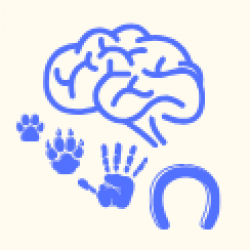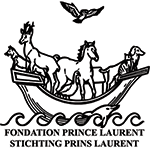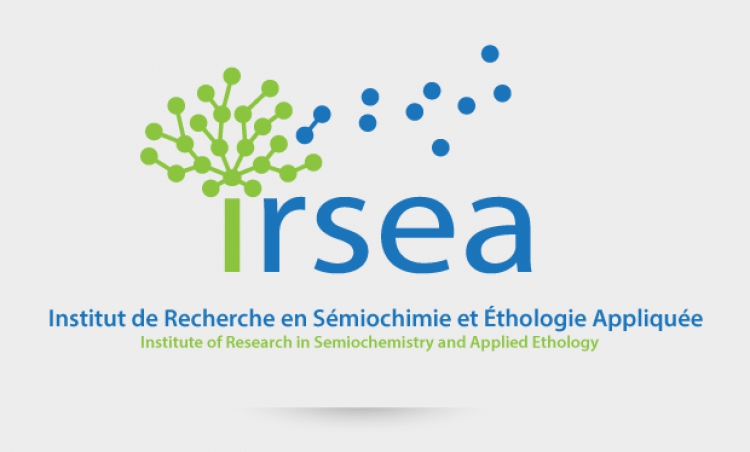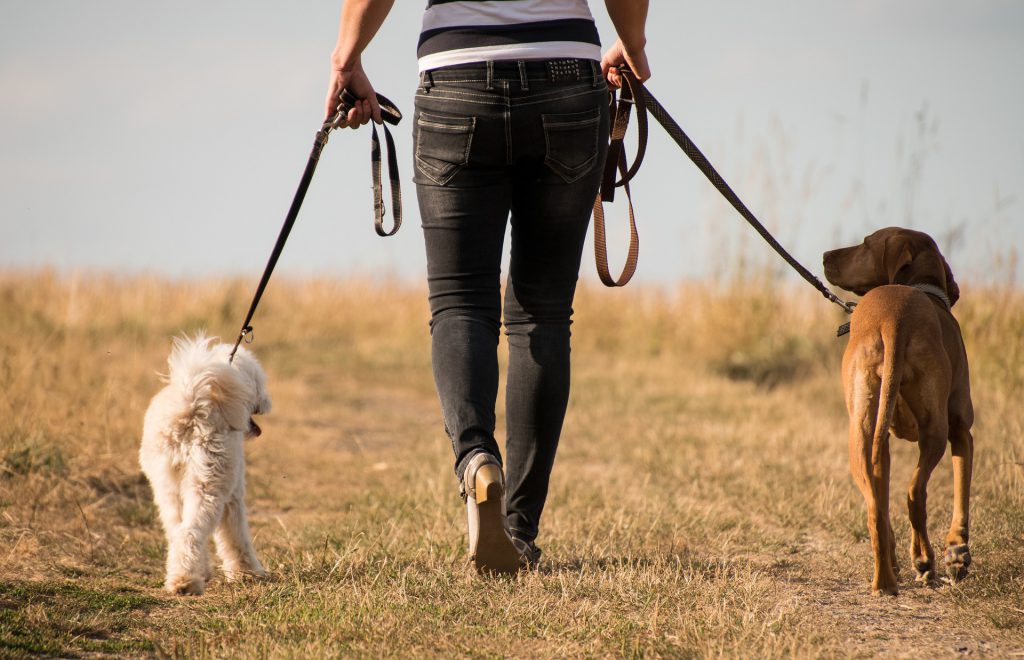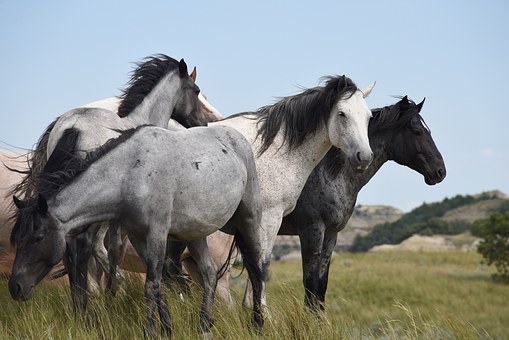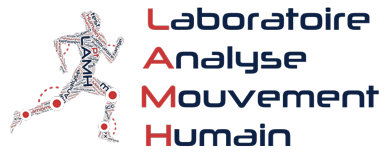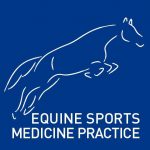Pellon S, Hallegot M., Lapique J. and Tomberg C (2020) A Redefinition of Facial Communication in Non-Human Animals. J Behav 3(1): 1017
Abstract: In humans, social communication is mostly conveyed by facial expressions, which are widely shared among Mammals. Based on current knowledge, we explore the concept of facial communication from an evolutionary point of view and examine how far it might not only be performed by Mammals, but more broadly by Amniotes. As we investigate facial communication in various species, we find out that facial expressions are restrained to Mammals. However, even if non-mammals lack of cutaneous facial muscles responsible of facial expressions, they display facial signals bearing a communicative value. Thus, facial communication is not clustered to Mammals. Moreover, some facial displays are shared by almost every Amniotes, as the eyeblink which has been suggested to be related to social factors aside its physiological role. Yet, to understand the terminology of this research field, definitions should be unified. Thus, based on current data on Amniotes’ facial communication, we proposed extended definitions of facial movements, behaviours and expressions: movements are visible displacements of body segments or tissues. They are motor action that do not need cognitive and emotional implication, while behaviours require the interpretation of environmental or internal stimuli, as the presence of an audience or emotional experiences. Behaviours are movements that can be involved in social communication. So facial behaviours are not cluster to Mammals but might be also expressed by other Amniote’s species. Whereas facial expressions are facial behaviours generated by the contraction of cutaneous facial muscles, innervated by the cranial nerve VII, and thus only expressed by Mammals.

